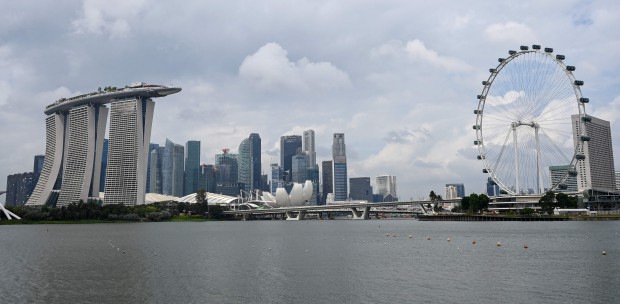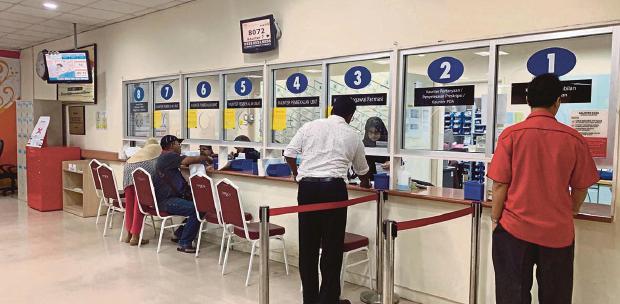BANK Negara Malaysia governor Tan Sri Dr Zeti Akhtar Aziz has described the current account surplus at three per cent of gross domestic product (GDP) as better than expected and “a good sign” for the economy.
“It is actually better than we expected as we thought that it would result in a deficit in some quarters due to rapid investment growth,” Zeti said at a media briefing on the sidelines of the Regional Statistics Conference 2014, here, yesterday.
“The narrowing current account surplus is due to a slowdown in exports and an increase in imports. If the increase in imports is, in part, for intermediate goods (for exports), then it is a positive sign, and for capital goods, it is also positive as it will support future growth,” she added.
Current account balance is the sum of net exports of goods and services, net primary income and net secondary income.
Last Friday, the central bank, in releasing the third quarter results, said the current account surplus stood at RM7.6 billion, or 2.8 per cent of GDP (from 7.7 per cent in the first quarter and 6.1 per cent in the second quarter), raising concerns among economists.
Economists attributed narrowing surplus to wider deficits in the services, primary and secondary income accounts.
The goods trade account registered a healthy surplus of RM28.7 billion in the third quarter from RM30.1 billion in the second quarter.
As to whether a slowing in net exports next year would affect the current account, Zeti said exports had been well diversified in terms of products and markets with 60 per cent headed towards the Asian region.
“Most of the other economies have done what Malaysia has done — promoting domestic demand so that we are no longer export economies and that our exports are actually for the final demand.”
She said although there had been a moderation in growth, it was strong, considering the challenging environment.
“Ours moderated from a GDP growth of more than six per cent to 5.6 to 5.7 per cent, which is strong.”
The five to six per cent growth level in several countries in the region had helped to create the final demand, so there would still be export growth to these markets, she added.
On the weakening oil prices, Zeti said the trend had just begun and the central bank had to monitor closely to see at what level it would stabilise.
Asked if Japan’s slip into recession would impact the monetary policy for Bank Negara, she said the monetary policy was forward looking.
“We have to make an assessment as to whether temporary factors led to the slowdown in Japan and other major countries. We have to also look at their policy flexibility, on whether they have the capability in adjusting policy measures.”
For example, in the case of China, which enjoys a fiscal surplus, it is in a position to provide support if the economy slows down more than anticipated earlier.





